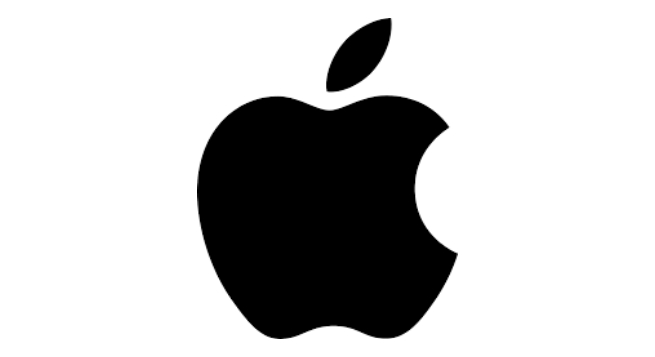Apple Inc. has avoided price hikes of its best-selling iPhones during its biggest product launch of the year, focusing on safety upgrades rather than flashy new technical specs with the exception of a new adventure-focused watch.
The iPhone maker leaned into safety technologies like the ability to detect a car accident and summon a rescue from a remote mountaintop to add allure to its devices. Apple positioned itself as the brand to allow users to pursue excitement and adventure – with a safety net.
The iPhone lineup that generates half of Apple’s sales got tweaks to cameras and battery life, though only the iPhone Pro lineup got an upgrade to a completely new processor chip, the company announced Wednesday, according to a Reuters report.
Prices of the high-end iPhone 14s are the same as last year’s iPhone 13 models. But Apple dropped its cheapest option, the iPhone Mini, meaning its lowest-priced model now costs $100 more than last year.
The iPhone 14 will start at $799 and the iPhone 14 Plus at $899 and be available for preorder starting September 9. The iPhone Pro will cost $999 and the iPhone Pro Max $1,099 and be available September 16.
Apple said its satellite SOS feature will work with emergency responders. It also said that users will be able to use its FindMy app to share their location via satellite when they have no other connectivity.
The service will be free for two years with the iPhone 14. Apple did not say what would happen after that period.
The Cupertino, California-based company also showed a trio of new Apple Watches, including a new Watch Ultra model aimed at extreme sports and diving and designed to challenge sportswatch specialists such as Garmin and Polar.
“Apple is competing for a consumer segment that already has high loyalty towards their existing products and vendors, and it will need to prove itself over time,” said Runar Bjorhovde, an analyst at Canalys.
On the watch front, the $799 Ultra has a bigger battery to last through events like triathlons and better waterproofing and temperature resistance to operate in outdoor environments, as well as better GPS tracking for sports.
The new Series 8 watch has a temperature sensor that will retroactively detect ovulation. The company emphasized the privacy approach of its cycle tracking. Privacy and reproductive health data has become a focus for tech companies in the wake of the US Supreme Court decision that ended a constitutional right to abortion in the United States.
 Pay TV leaders chart course for India’s linear TV in digital age
Pay TV leaders chart course for India’s linear TV in digital age  WAVES 2025: Media dialogue backs creativity, heritage & ethics in AI Era
WAVES 2025: Media dialogue backs creativity, heritage & ethics in AI Era  Sudhir Chaudhary announces new show for DD News, says “Good content still has a place” at WAVES 2025
Sudhir Chaudhary announces new show for DD News, says “Good content still has a place” at WAVES 2025  India can lead global entertainment revolution: Mukesh Ambani
India can lead global entertainment revolution: Mukesh Ambani  TRAI chief not in favour of separate rules for OTT, legacy b’casters
TRAI chief not in favour of separate rules for OTT, legacy b’casters  Stakeholder alignment media’s big media challenge: BARC Chairman
Stakeholder alignment media’s big media challenge: BARC Chairman  Language no bar; stars say Indian cinema is united by emotion, culture
Language no bar; stars say Indian cinema is united by emotion, culture  Spielberg recognised me from ‘3 Idiots’, says Kareena at WAVES 2025
Spielberg recognised me from ‘3 Idiots’, says Kareena at WAVES 2025  Digital Radio is the future, but analog must co-exist says at WAVES 2025
Digital Radio is the future, but analog must co-exist says at WAVES 2025 










